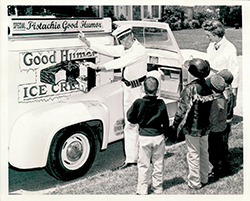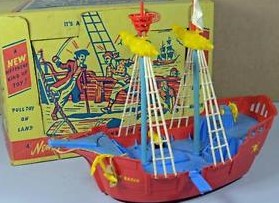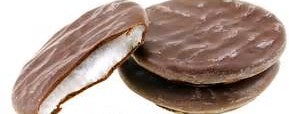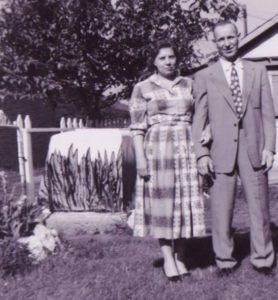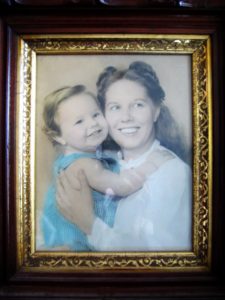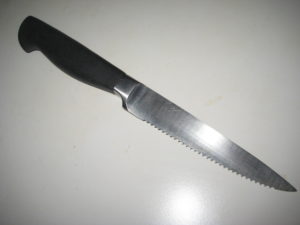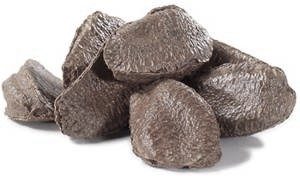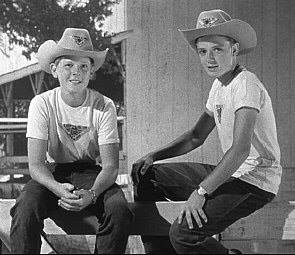One of the sounds of summer I remember as a little tyke, besides the clickity-clack of the manual lawnmowers, was the gentle wafting rings of the bells on the Good Humor truck as it headed down my street. There were a series of (I think) four bells strung across the front windshield of the truck, attached to a cord that the driver would be constantly pulling on with one hand while steering with the other.
Unlike the scratchy recorded chicken dance music that bellows from a cheap speaker on the faux-ice cream truck of today, pasted with stickers of a variety of vegetable fat concoctions, the Good Humor truck slowly wound its way along the side streets of the neighborhood and we could gauge, by the approaching bells, how much time we had to run into the house and ask our parents for money and get back on the street as the truck rolled closer to our location. On occasion, one of us was designated to stop the truck and delay the driver by pretending to make up his mind what he wanted, while we ran in and out of our houses with the cash.
During the summer months, the Good Humor Man, dressed in white shirt and pants and a cap, Would ride down the street in the afternoon but many of us were out playing in the parks, or swimming and missed his rounds. It was in the evening, just after suppertime, around 7:00pm when the bells were heard and the possibility of father popping for the after dinner treat were at high expectations.
Good Humor ice cream bars cost a nickel more than the store bought kind, but there were reasons (besides home delivery) such as the variety of bars available. My favorite was the chocolate malt bar and the only way to get it was off that truck…and to get the fifteen cents off my old man, which was not always easy (unless he was in the mood for one himself) because of my two sisters who would also be included which meant a purchase of five items (six, if Grandma was downstairs at the time) totaling seventy-five cents. I do not recall there being sales tax charged at that time.
All playing stopped for fifteen minutes as we sat on the front stoop of someone’s house and ate our bars as the melting ice cream leaked out the bottom cracks of the chocolate coating onto our hands.
With the changing times, growing safety concerns (for drivers as well as kids) and cost increases, Good Humor eventually went into the freezer compartments of the food and grocery stores and the trucks and carts slowly fazed out. I feel we lost something there along the way of progress.
The offerings off of the trucks today, in my opinion, cannot compare to the taste and delight of having an ice cream bar from the Good Humor Man of the 1950s. And, of course, as Poe so aptly put it: “the tintinnabulation that so musically wells
From the bells, bells, bells, bells,
Bells, bells, bells —
From the jingling and the tinkling of the bells.”
